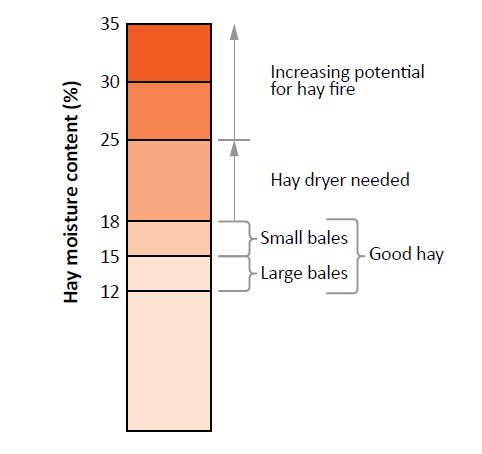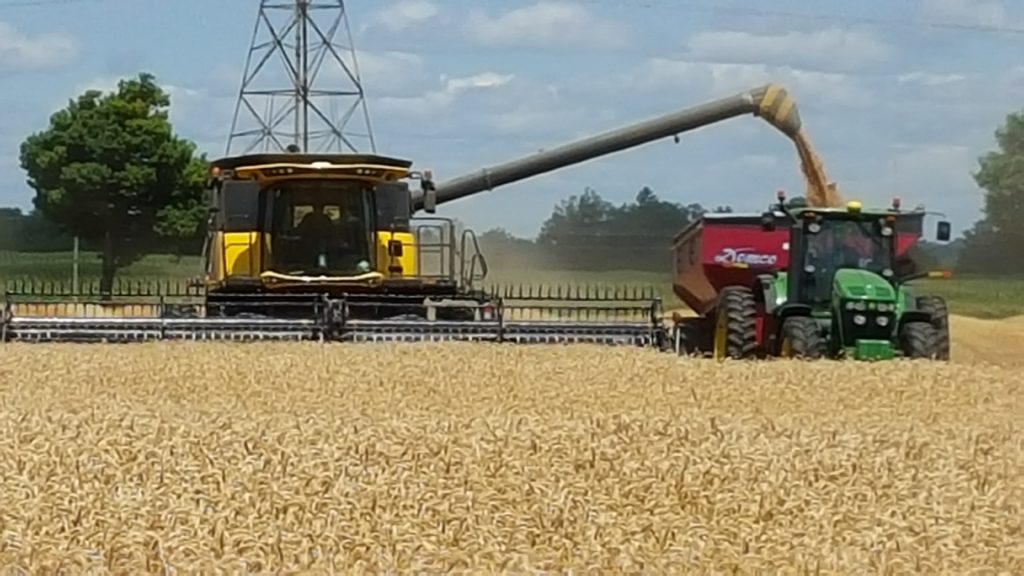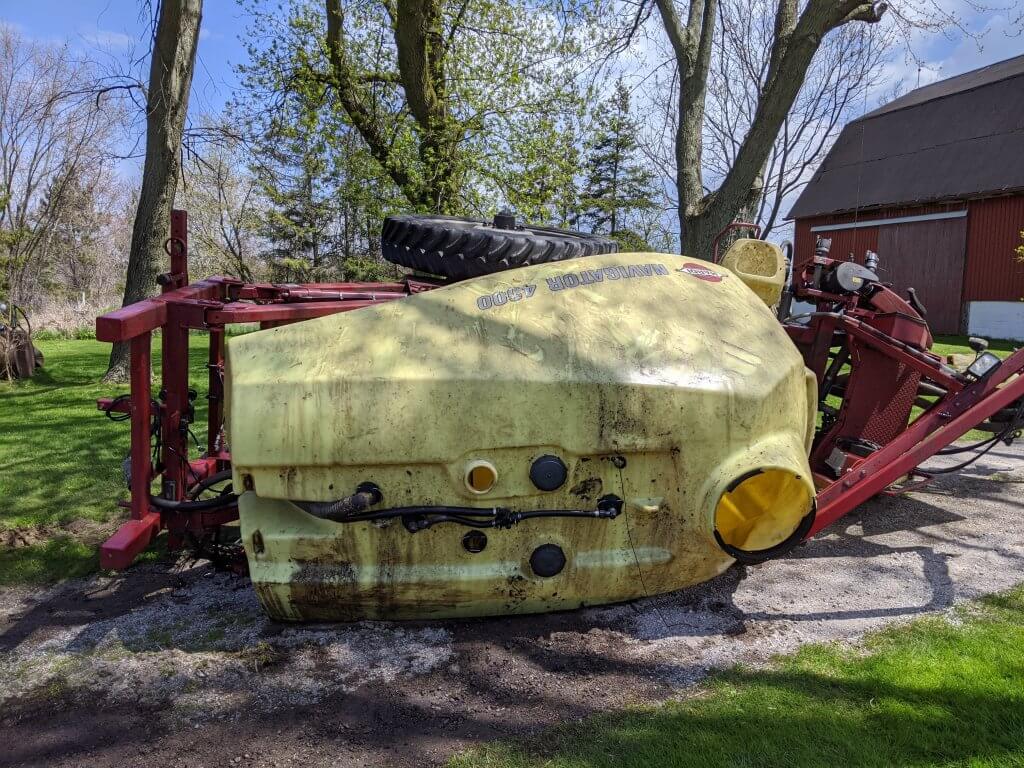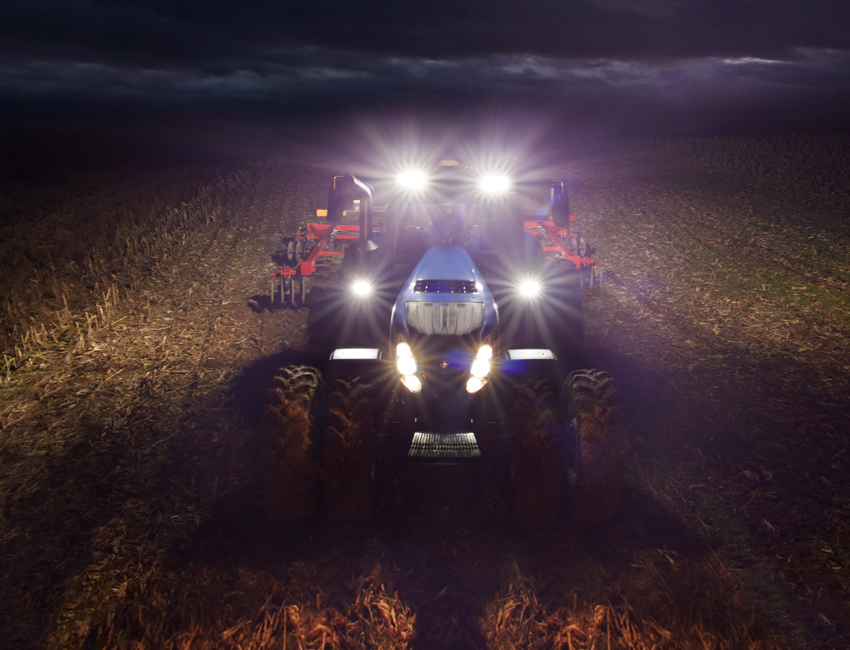Preventing and Extinguishing Hay Fires

Key Points: What Causes Fires? The process of forage heating up and then burning is typically called spontaneous combustion. Spontaneous combustion for hay usually occurs within the first two months of storage. Unusual growing conditions, such as an early harvest window or immature crop, can complicate the drying process and increase the risk of fire. […]






